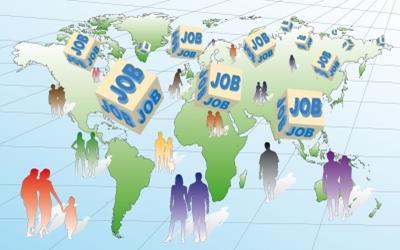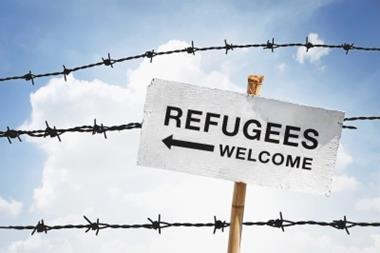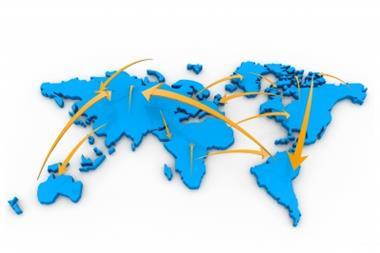Checks on travellers will disrupt business, retail, health care, transport and hotel industries, according to IHS

New border controls across Europe introduced as a result of the EMEA refugee crisis are likely to affect business and also disrupt retail, healthcare, transport and hotel industries, according to experts.
Earlier this week, the Swedish government introduced a law requiring ID controls for travellers entering the country from Denmark.
Denmark also installed temporary controls along its border with Germany in response to this measure.
Dijedon Imeri, analyst at global information company IHS Country Risk, said: “In the absence of a European Union-wide agreement to impose refugee quotas and evenly distribute the number of refugees from the Middle East, Afghanistan and Africa, border controls such as the one just imposed in Sweden are likely to become a permanent feature as long as the refugee flow continues with the same intensity.
“If the Swedish border control remains in place for a prolonged period, as expected, the number of Swedish workers in Copenhagen is set to dwindle, which would affect the Danish retail, healthcare and transportation sectors.
“The Danish hotel industry in particular stands to suffer because of existing labour shortages in Copenhagen and its dependency on workers from Sweden.”
He added: “Copenhagen and areas in its immediate vicinity have powered the country’s fragile economic recovery, which could be threatened by the unravelling of regional integration.
“Moreover, cargo flows are also likely to become lengthier because of the added border controls, affecting not only Danish exports, but also German transport companies, which might be forced to finance carrier liabilities.”
FERMA board member Anders Esbjörnsson, who is also group risk manager and managing director at NCC Insurance in Stockholm, said the changes showed the “vulnerability of the European Union in times like this”.
He added: “Together we must realise the new landscape of risks we are living in. Sweden ‘closing’ the borders to Denmark is a reaction to a risk/problem that Sweden cannot handle by itself.
“Short term I don´t see any major risks for Swedish companies, but if this is permanent and more countries are to follow, then of course the rules of the game will be changed.”




















No comments yet